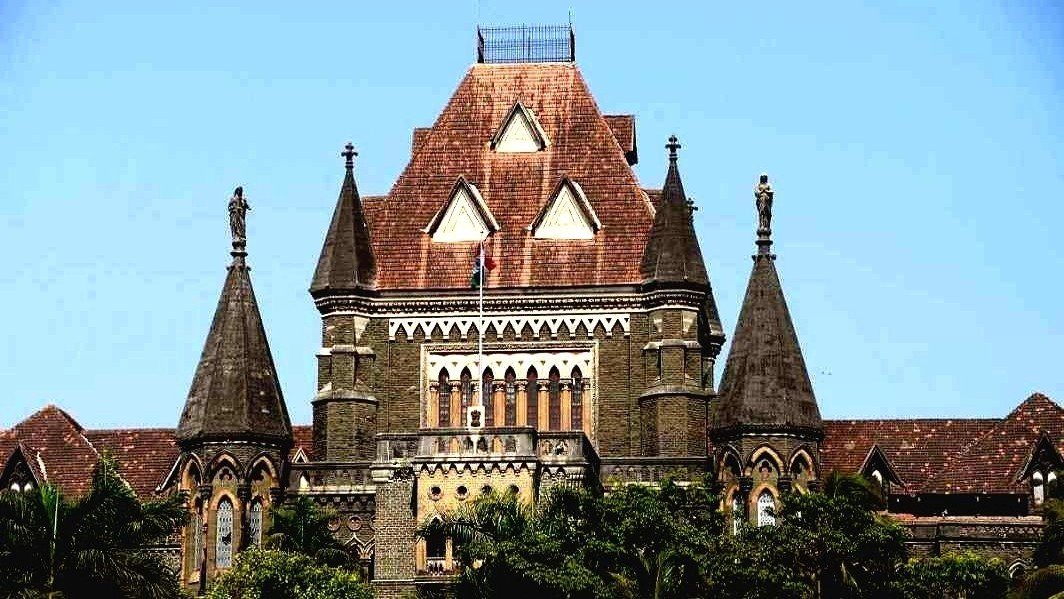The Bombay High Court has reaffirmed the autonomy of an adult Hindu woman who chose to marry a Muslim man below the legal marriageable age of 21. The court ruled that since the woman is a major, it cannot grant her custody to anyone but can only ensure her release from a government-run shelter home where she was lodged following a parental complaint.
“We can only wish her luck. We will only set her to liberty. Let her do what she wants to do,” observed a bench of Justices Bharti Dangre and Manjusha Deshpande during the hearing on December 13.
The case stemmed from a petition filed by a 20-year-old Muslim man seeking the release of his 18-year-old partner from a shelter home in Chembur.
The woman had voluntarily left her parental home to live with the petitioner but was placed in the shelter following police intervention based on her parents’ complaint. In his habeas corpus plea, the petitioner alleged that the woman was being unlawfully detained, violating her fundamental rights. He also sought police protection, citing threats to their lives.
Advocate Sana Raees Khan, representing the woman’s father, was permitted by the court to speak to the woman to ascertain her wishes.
Khan informed the court that the woman appeared “whimsical” and conflicted. “At one point, she expressed willingness to return to her parents, then spoke of running away, and later said she wanted to live with the petitioner. Her hands trembled, and she did not seem stable, suggesting her decision may be influenced by external pressure,” Khan told the court.
Khan proposed that the woman and the petitioner wait two years before deciding on marriage, as the man would turn 21 by October 2025. The woman’s father, she said, was willing to support her by setting up a beauty salon and allowing her to remain in contact with the man during this period. However, if she insisted on living with the petitioner immediately, her father would disown her.
While acknowledging the likelihood of “social pressure,” the bench emphasised the woman’s legal right to make her own decisions as an adult. The court reiterated, “We will only set her to liberty. Let her do what she wants to do,” and is expected to issue a detailed order soon.




